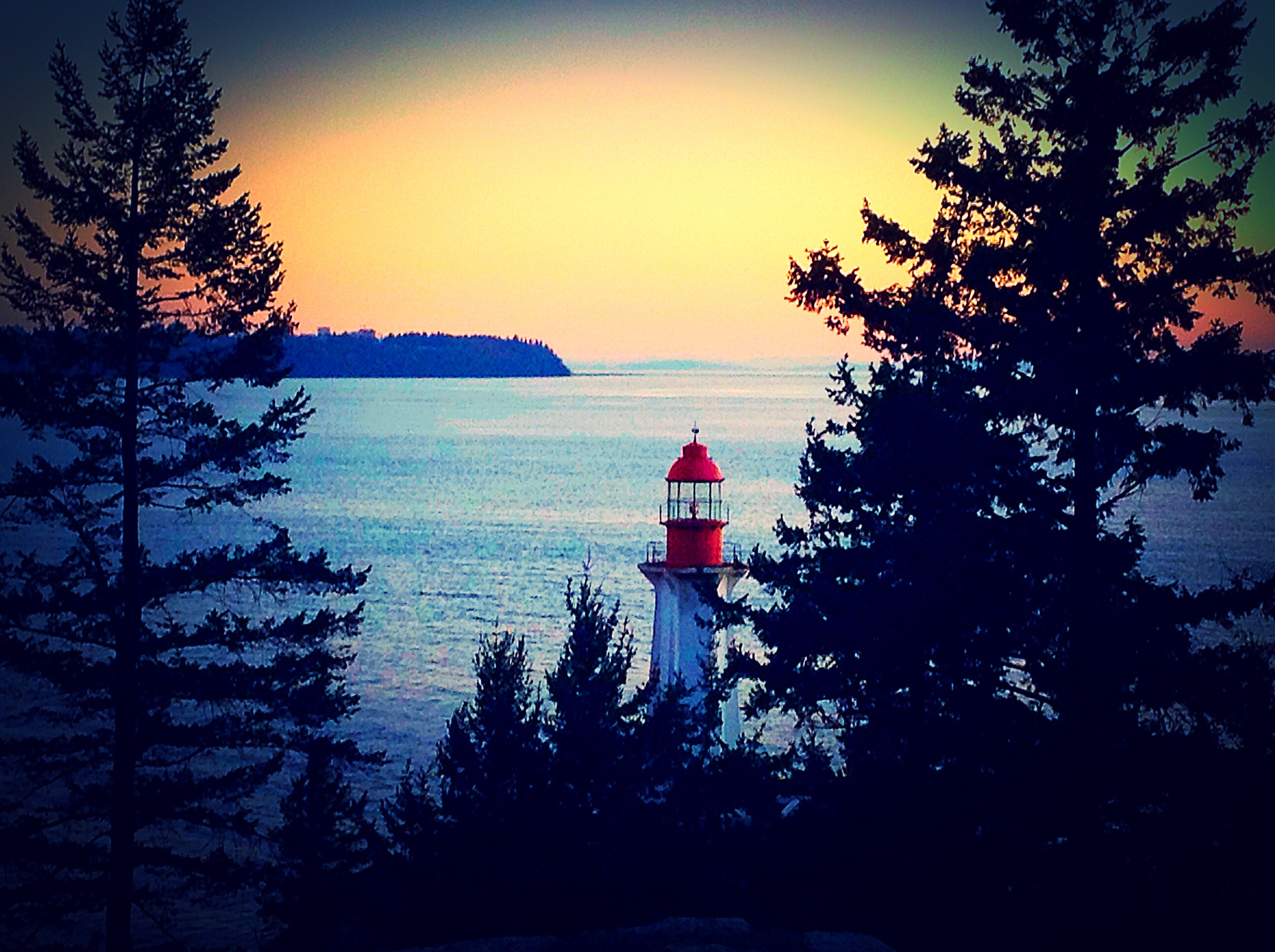 My uncle Tobin taught me to believe in magic.
My uncle Tobin taught me to believe in magic.
I’ll never know if he understood the effect he was having, though I doubt he gave the tales much weight. To him they were nothing but stories, but to a young, frightened boy with an imagination as wide as his eyes, they were a lifeline to a world I desperately longed for.
If you could have met my uncle, you would not have thought him the type for flights of fancy. He was a stolid man whom I cannot picture as a child, with a wild beard and a voice that seemed husky from disuse no matter how many hours he spun yarns into the night. Lighthouse keepers are a certain breed of folk, and Uncle Tobin was no exception. It wasn’t that he didn’t like people so much as that he didn’t see a use for them; my wild, unpredictable mother confused him, and my crying, trembling self alarmed him. He preferred the predictability of the tides and the amorality of seagulls. His was a life of routine and hard work, and into that careful weave my mother tossed me like a spark into dry brush. She left me there the summer I turned seven, citing ‘a desperate need to run away – well, you understand!’ – which Uncle Tobin never did. He didn’t see his hermetic life as running away; rather it was the natural progression of a life that had never been lonely despite being lived alone.
That first night I cried so long he finally stomped up the stairs to my makeshift bed and told me to go to sleep, as if standing in the doorway and glaring at me with crossed arms was the way to accomplish it; I cried more quietly, but didn’t stop until the sun came up. All day we trudged up and down the beach; Uncle Tobin thought that if he could exhaust me checking traps and setting new ones, perhaps ‘the crying problem’ would resolve itself. But despite my aching limbs and my drooping eyes, when I finally crawled into my nest of blankets, I salted my pillow again. He told me to be a man and I told him sharply that I was just a boy, and our stalemate lasted through an entire stony day and into the afternoon, until finally Uncle Tobin summoned me with a sharp, “Come here.”
We trekked out of the lighthouse and up the rocky hill behind, and sat overlooking the bay. The sunset was more beautiful than one of my mother’s paintings, and I rested my head on my crossed arms and watched it, feeling peaceful for the first time in two days. But then I thought how much my mother would like it here, and how maybe the stillness would infect her and she would hold still, just long enough for me to hug her; and then I started to cry.
Uncle Tobin cleared his throat, and asked me, “Do you know the story of the mermaid who fell in love with a lighthouse keeper?” When I shook my head, he began to speak, and I was caught. He won me that night, and my loyalty burned bright and fierce through everything that came after. If I’m being honest, I’ll admit I don’t remember the details of that first story, but rather I remember the sense of it. It was a story sprinkled with wonder, full of magic and hope and a thrill of danger that was never quite realised; it was the kind of world where trials always prepared you for something, so you never felt anything was senseless. That was what I craved; not the magic, so much, but the order. An investigation always led to an adventure, a warning ignored always led to dire consequences, and a woman was always the source of your destruction and your joy. Simple tales for a life that never was. The stories I soaked up that year and a half grew into my bones, just as the salt and the air did. When my mother came for me she found a solemn child, with wide eyes and a belief in the rightness of things that she never did manage to shake.
The lighthouse still stands, though Uncle Tobin is no longer its Keeper. That rock where we spent so many evenings still holds me perfectly, and when the sun sets across the bay, the colours are magical, and beautiful, and right.
This image comes courtesy of Hayley Mechelle Bouchard. Her work can be found at Little Cat Photography, with more information about Hayley on Our Contributors page.